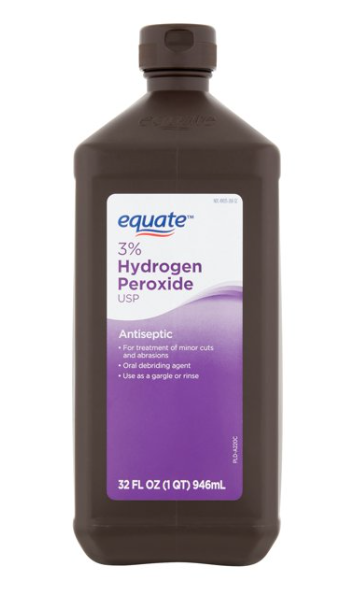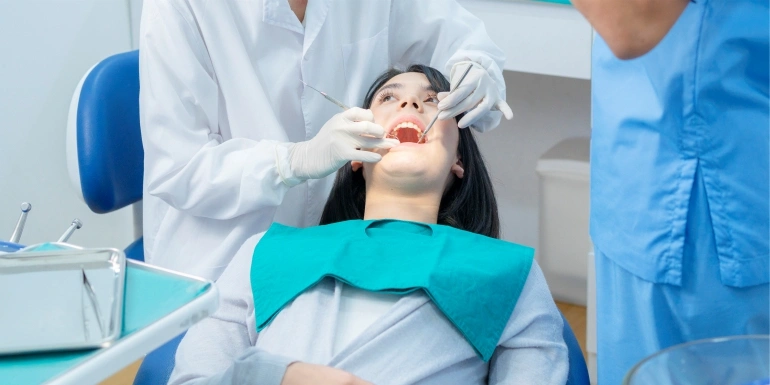Does Peroxide Help A Toothache

The unbearable pain of a toothache can be debilitating, making everyday activities a chore. While there are many home remedies and over-the-counter solutions available, some people swear by the effectiveness of peroxide in alleviating toothache pain. But does peroxide really help a toothache, and is it a safe and recommended solution?
To understand the potential benefits and limitations of using peroxide for toothache relief, it’s essential to delve into the world of dental anatomy and the underlying causes of toothaches. A toothache can be caused by a variety of factors, including tooth decay, gum disease, cracked or broken teeth, and even sinus infections. When bacteria penetrate the enamel and dentin of a tooth, they can reach the pulp, causing inflammation, pressure, and pain.
Peroxide, specifically hydrogen peroxide, is a common household ingredient with antibacterial and antiseptic properties. It’s often used as a mouthwash to kill germs, reduce plaque, and freshen breath. Some people believe that the antibacterial properties of peroxide can help combat the underlying infection causing the toothache, thereby reducing pain and discomfort.
There are a few ways people use peroxide to alleviate toothache pain:
- Mouthwash: Swishing peroxide solution around the affected tooth and gum area may help reduce bacteria and ease pain. However, it’s crucial to use a diluted solution (typically 1-2% hydrogen peroxide) and not swallow it, as undiluted peroxide can be toxic.
- Topical application: Applying a small amount of peroxide directly to the affected tooth using a cotton swab may help reduce pain and inflammation.
- Gargling: Gargling with peroxide solution may help reduce bacteria and inflammation in the throat and mouth, which can contribute to toothache pain.
While some people claim that peroxide helps alleviate toothache pain, there’s limited scientific evidence to support its effectiveness. A study published in the Journal of Dentistry found that hydrogen peroxide mouthwash reduced bacterial load and inflammation in patients with chronic periodontitis, but its efficacy in treating toothaches is still unclear.
It’s essential to note that peroxide is not a cure-all for toothaches. In fact, using peroxide as a sole treatment can mask the underlying issue, leading to delayed diagnosis and treatment. Toothaches often require professional attention, as they can be symptoms of more severe problems, such as abscesses or infected teeth.
Potential risks and side effects of using peroxide for toothache relief include:
- Tooth sensitivity: Peroxide can increase tooth sensitivity, especially if used excessively or in high concentrations.
- Gum irritation: Peroxide can irritate the gums, causing redness, swelling, and bleeding.
- Tooth erosion: Excessive use of peroxide can erode tooth enamel, making teeth more susceptible to decay and sensitivity.
- Interaction with dental work: Peroxide can interact with dental restorations, such as fillings, crowns, or implants, potentially damaging them.
In conclusion, while peroxide may have some antibacterial properties that could help alleviate toothache pain, its effectiveness is largely anecdotal and not scientifically proven. It’s crucial to consult a dental professional for proper diagnosis and treatment of toothaches. They can assess the underlying cause of the pain and provide personalized recommendations for relief.
FAQs
Can I use peroxide as a substitute for dental care?
+No, peroxide should not be used as a substitute for regular dental care. While it may provide temporary relief, it’s essential to consult a dental professional for proper diagnosis and treatment of toothaches.
How often can I use peroxide for toothache relief?
+It’s recommended to use peroxide no more than 1-2 times a day, and only in a diluted solution (1-2% hydrogen peroxide). Excessive use can increase the risk of side effects and tooth sensitivity.
Can I use peroxide if I have dental work, such as fillings or crowns?
+It’s best to consult your dentist before using peroxide, especially if you have dental work. Peroxide can interact with dental restorations, potentially damaging them.

